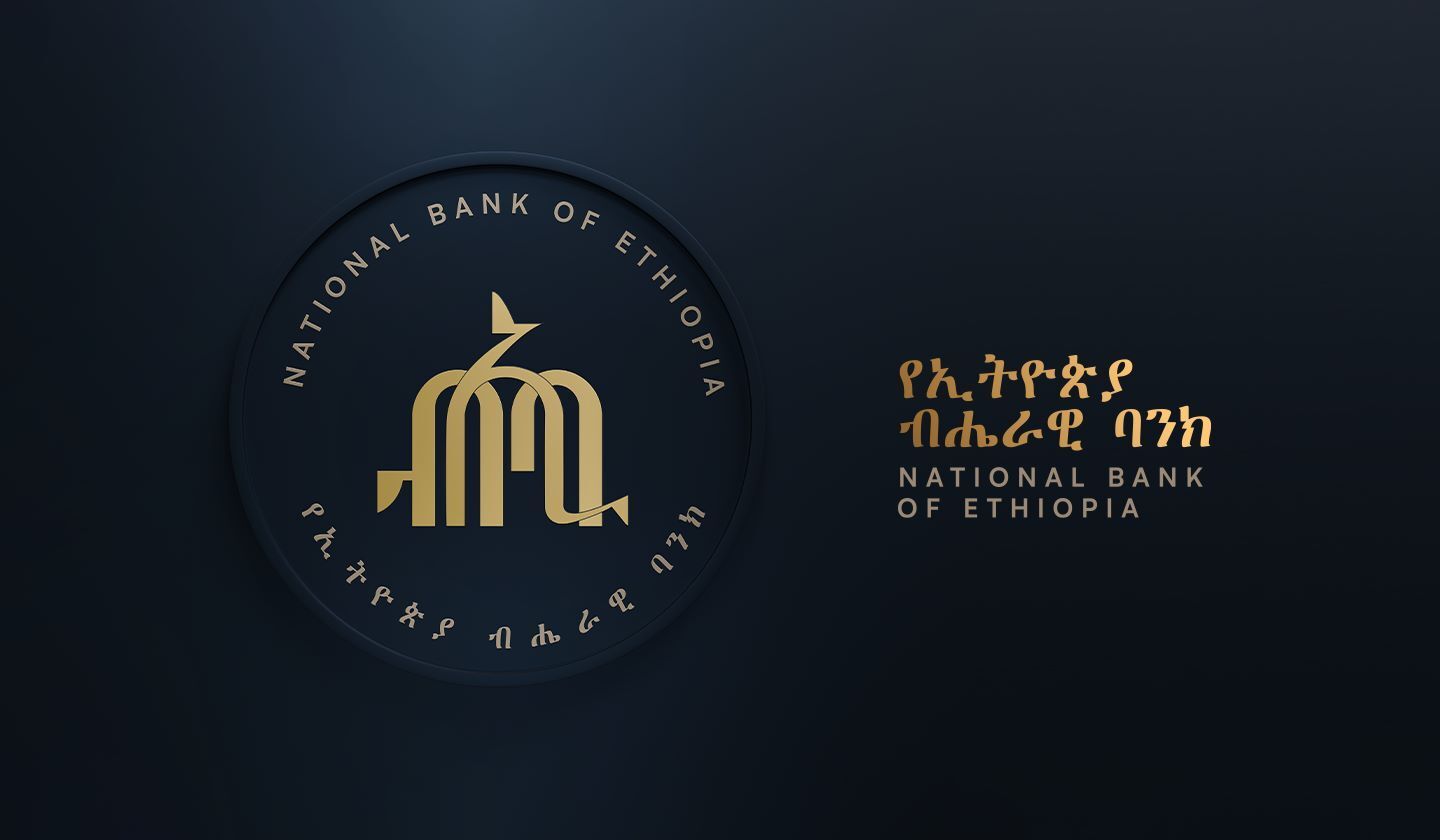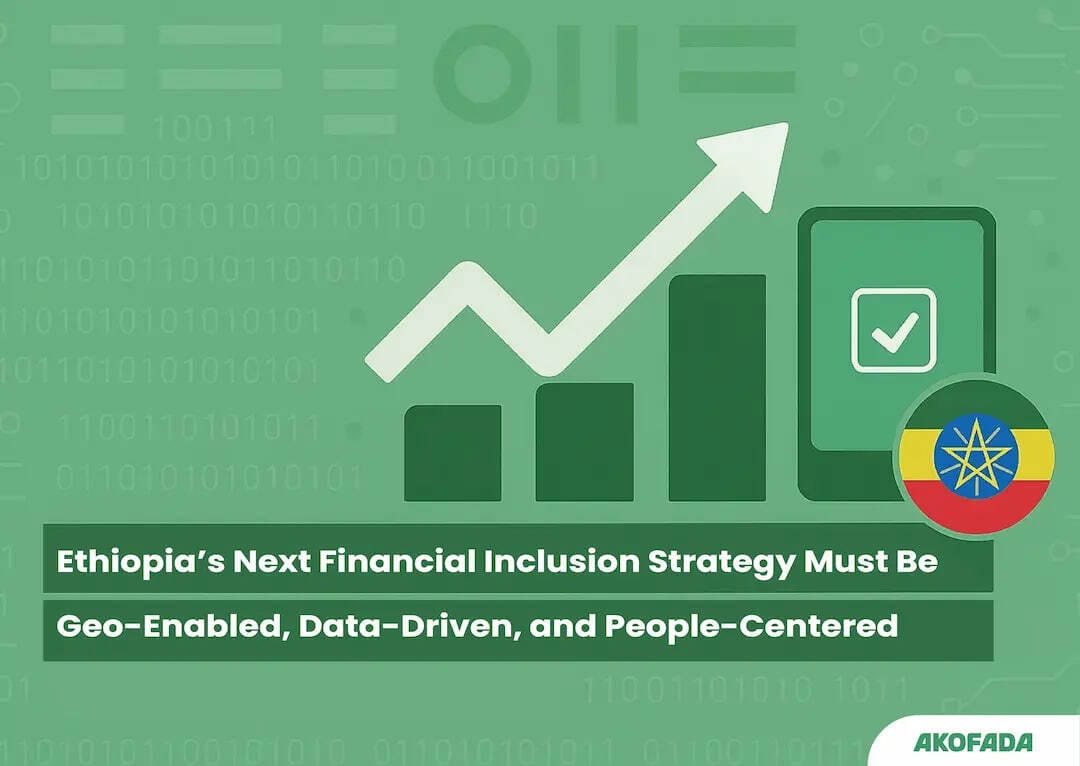Top Stories of the Week
Safaricom Half-Year Earnings Rise as Ethiopia Losses Cut in Half
Ethiopia’s Online Boom Meets a Cybercrime Wave
NBE Draft Directive Proposes Credit Rating Bar for Foreign Banks Entering Ethiopia
Half of Ethiopia’s Primary Students May Lack Textbooks as Gains Unravel
Ethiopia’s Next Financial Inclusion Strategy Must Be Geo-Enabled, Data-Driven, and People-Centered
Your Partner for Audience Engagement, Storytelling, Data, and Insight
At Shega, we do more than tell stories. We help you make an impact. Our platforms, data, and expertise connect brands, organizations, and investors to the audiences, insights, and information that matter most.
Shega Brand Studio
Build strategy, media, and storytelling that move people and drive results.
Shega Media Advertising
Put your brand in front of more than 2 million engaged readers, listeners, and viewers monthly.
Shega Research & Advisory
Turn data into decisions with tailored studies and market insights built for action.
Shega Insights
Explore Ethiopia’s markets through our AI-powered intelligence platform.
Reach, engage, and grow with us.
Safaricom Half-Year Earnings Rise as Ethiopia Losses Cut in Half

Safaricom grew its profit by 52% after narrowing losses in its Ethiopian operations.
Group net income rose to 42.8 billion shillings ($331.3 million) in the first half of the Kenyan financial year from 28.1 billion shillings a year earlier, Chief Executive Officer Peter Ndegwa said at a briefing on Thursday.
Ethiopian losses more than halved to 13.3 billion shillings (around $100 million from a year earlier, according to a results presentation. Safaricom Ethiopia also almost doubled subscribers to 11.1 million.
“Ethiopia is full of promise, and we are here for the long term,” the CEO said. Read more.
Awash Bank Launches New Digital Lending Platform
Awash Bank has launched Mesmer Digital Lending, a new platform that provides SMEs with fast, digital loan access. The platform, developed with the Mastercard Foundation and First Consult, builds on the MESMER program. Read more.
Ethiopia’s Online Boom Meets a Cybercrime Wave

One phone call. One verification code. Thousands of birr gone. This is how ordinary Ethiopians are losing control of their digital lives, not to high-tech hackers, but to social engineering that preys on goodwill.
As millions come online for the first time, scammers are exploiting trust, familiarity, and low digital awareness. From hijacked WhatsApp accounts to hacked YouTube channels, the threat is rising faster than digital readiness. Read more.
Upskill, Certify, Deploy: This AI Startup Connects Verified Ethiopian Talent to Jobs with Smart Certification Paths
Ethiopian startup Tesfa AI is using AI to bridge the skills gap: tailored assessments, upskilling, and certifications for job-ready talent. Read more.
NBE Draft Directive Proposes Credit Rating Bar for Foreign Banks Entering Ethiopia

A draft directive by the National Bank of Ethiopia (NBE) proposes allowing only banks with an investment-grade rating of BBB– or higher to establish subsidiaries in the country.
The draft ‘Requirements for Licensing and Renewal of Banking Business and Representative Office Directive’ seeks to set entry standards for foreign entrants and marks the first time that Ethiopia has made an external credit-rating threshold a statutory prerequisite for market access. Read more.
Awash Insurance Breaks One Billion Br Profit Barrier
Awash Insurance has become the first private insurer in Ethiopia to surpass the one-billion-Birr pre-tax profit mark for the 2024/25 fiscal year. Net profit surged 27pc year-on-year, reflecting strong performance across all business segments. Read more.
Half of Ethiopia’s Primary Students May Lack Textbooks as Gains Unravel

Half of Ethiopia’s primary school students may now lack access to textbooks, a sharp reversal from the near-universal coverage of just a decade ago.
A 2017 report had already warned that Ethiopia’s textbook gains weren’t sustainable without consistent budget support. New World Bank findings show stalled progress, weak supply chains, and widening rural-urban divides. For millions of children, learning begins and too often ends without the basics. Read more.
Get Matched With the Best HRIS/ATS Software, for Free!
Does researching HR Systems feel like a second job?
The old way meant hours of demos, irrelevant product suggestions, getting bombarded with cold emails and sales calls.
But there’s a better way.
With SelectSoftware Reviews, spend 15 minutes with an HR software expert and get 2–3 vendor recommendations tailored to your unique needs—no sales pitches, no demos.
SSR’s free HR software matching service helps you cut through the noise and focus only on solutions that truly fit your team’s needs. No guesswork. No fluff. Just insights from real HR experts.
Why HR teams trust SSR:
✅ 100% free service with no sales pressure
✅ 2–3 tailored recommendations from 1,000+ vetted options
✅ Rated 4.9/5 by HR teams and trusted by 15,000+ companies
Skip the old way—find your right HRIS/ATS in a new way, for free!
What’s on Our Mind
Ethiopia’s WTO Ambitions Face a Test at Home
After nearly three decades on the sidelines, Ethiopia is once again seeking entry into the World Trade Organization (WTO). The Ministry of Regional Trade and Integration hopes to secure approval at the WTO’s General Council meeting in March 2026 in Cameroon. The timing is symbolic. At a moment when global trade is turning inward and protectionism is rising, Ethiopia wants to signal its commitment to a rules-based order and gain a foothold in the global marketplace.
But the country’s path to trade integration will not be defined by what happens in Geneva or Cameroon. It will depend on what happens in Addis Ababa, in the customs offices, and on the country’s roads. WTO membership may open doors, but only domestic reform can make those doors lead somewhere.
Under the proposed framework, Ethiopia’s tariff bands, currently set at 0, 10, 20, 30, and 35 percent, would be capped at agreed ceilings, allowing flexibility for future adjustments. On paper, this suggests readiness for international engagement. In practice, however, Ethiopia’s trade system has long been stifled by implementation failures, not policy gaps. The Customs Commission remains one of the country’s most frustrating institutions, plagued by opaque procedures, limited digital capacity, and erratic levy changes. Bureaucratic silos make interagency coordination slow and inefficient.
These weaknesses are compounded by insecurity along key transport routes, where attacks have disrupted the movement of goods and discouraged private investment over the past few years. For a country that relies on Djibouti for over 90 percent of its external trade, such disruptions carry enormous costs. The WTO’s own studies on landlocked developing countries note that their success depends as much on domestic logistics and governance as on foreign policy. Ethiopia’s geography is fixed; its systems are not.
The ambition to join the WTO has survived decades and administrations. Yet accession should not be mistaken for achievement. Membership may offer a platform, but it cannot substitute for the fundamentals of trade: transparency, efficiency, and reliability.
If Ethiopia wants to be a credible participant in the global trading system, it must first become a credible partner to its own businesses. That means safer roads, faster customs, and an end to bureaucratic complacency. The real test of readiness lies not in the vote that will take place in Cameroon, but in whether Ethiopia can fix what’s broken at home.
Young Engineering Trio Pilot Data-Driven Farming Technology in Ethiopia’s Lowlands
Three engineering graduates from Debremarkos University built AgroNod, a solar-powered, sensor-based farm monitoring system helping Ethiopian farmers track soil health in real time. Read more.
Ethiopia’s Next Financial Inclusion Strategy Must Be Geo-Enabled, Data-Driven, and People-Centered

Ethiopia’s National Financial Inclusion Strategy (NFIS II) helped unlock rapid growth in digital finance. But accelerating access has revealed a deeper challenge: inclusion is not yet translating into meaningful use for millions.
As the country prepares NFIS III, now is the moment to shift from counting access points to ensuring financial services actually work for everyone, everywhere. Read more.
NBE Raises Capital Adequacy Standards, Orders Banks to File Quarterly Reports
The National Bank of Ethiopia (NBE) has issued a new directive that significantly raises the capital adequacy requirement for commercial banks and introduces quarterly reporting obligations. Read more.
Heads Up: What’s Coming & What to Catch
From Our Bookmarks

